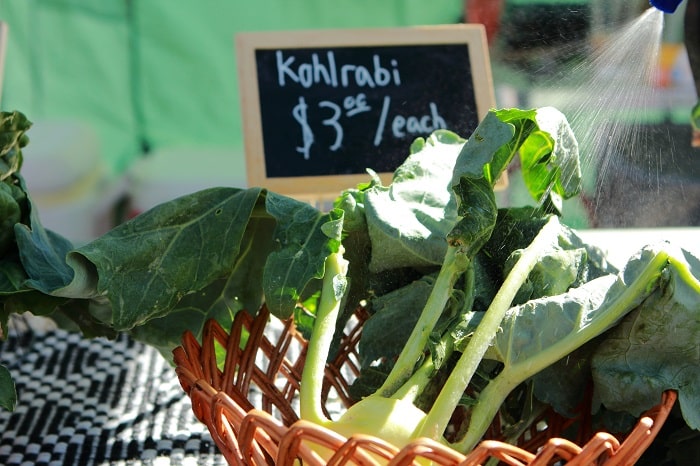Eating seasonally is like hitting the sweet spot between your taste buds and the planet. By syncing your shopping cart with the earth’s calendar, you’re not just indulging in nature’s freshest offerings; you’re also giving your wallet a break and lending a hand to Mother Earth. Let’s dive into the delicious world of eating seasonally and uncover how it can revolutionize your relationship with food.
The Benefits of Eating Seasonally
Eating seasonally is more than just a trendy buzzword; it’s a lifestyle choice packed with perks. First and foremost, it’s a wallet-friendly move. When fruits and veggies are in abundance, their prices tend to drop. Imagine savoring juicy, ripe tomatoes without breaking the bank! Plus, seasonal produce is often picked at its peak ripeness, bursting with flavor that simply can’t be matched by its out-of-season counterparts.
But the benefits extend far beyond your taste buds and bank account. By choosing foods grown closer to home, you’re reducing the carbon footprint associated with transportation. Those miles saved translate to a healthier planet. Additionally, seasonal eating supports local farmers and strengthens your community. It’s a win-win-win situation!
Building Your Seasonal Pantry
Embracing eating seasonally requires a bit of planning. The first step is to familiarize yourself with what’s in season and when. Create a seasonal produce calendar or bookmark online resources to stay informed. This knowledge will empower you to make the most of nature’s bounty.
Don’t be afraid to experiment with new recipes and ingredients. Seasonal produce often brings unexpected flavors to your plate. From hearty winter stews featuring root vegetables to refreshing summer salads bursting with berries, the culinary possibilities are endless.
How to Save Money with Seasonal Eating
Eating seasonally is like having a personal finance guru whispering in your ear. By aligning your meals with nature’s rhythm, you’ll discover that your grocery bill can shrink dramatically.
- Buy in Bulk: When produce is at its peak, stock up and freeze or preserve it for later. This not only saves money but also ensures you have a steady supply of seasonal goodness year-round.
- Farmers’ Markets: These vibrant hubs offer the freshest, most affordable produce. Plus, you’re supporting local farmers and reducing the environmental impact of transportation.
- Meal Planning: Create weekly meal plans based on what’s in season. This helps you avoid impulse purchases and food waste.
Reducing Your Carbon Footprint Through Seasonal Eating
Choosing to eat seasonally is a powerful step towards a greener planet. By reducing the demand for out-of-season produce, you’re helping to conserve resources like water and energy. Plus, the transportation of food contributes significantly to greenhouse gas emissions. Opting for locally grown, in-season produce cuts down on those food miles, making a positive impact on the environment.
FAQs About Eating Seasonally
Q: What if I don’t like certain seasonal foods? A: It’s okay to have preferences! Experiment with different cooking methods or pair unfamiliar produce with familiar flavors. You might discover a new favorite.
Q: How can I find out what’s in season in my area? A: Many online resources and local farmers’ markets can provide you with seasonal produce guides. You can also subscribe to seasonal produce boxes for a convenient way to discover new foods.
Q: Can I still eat my favorite fruits and vegetables year-round? A: While it’s possible to find almost anything at the grocery store, prioritizing seasonal produce is the most sustainable and often the most flavorful choice.
Wrapping Up
Embracing eating seasonally is a journey that nourishes not only your body but also your wallet and the planet. By aligning your diet with nature’s cycles, you’re making a conscious choice to support a healthier, more sustainable food system. So, let’s celebrate the changing seasons by savoring the incredible flavors that nature has to offer.
What are your favorite seasonal dishes? Share your tips for eating seasonally in the comments below!

